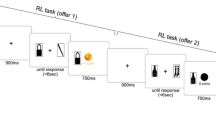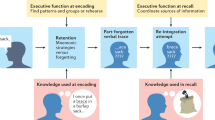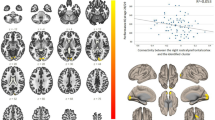Abstract
Working memory, our ability to process and remember information, is linked to a range of cognitive activities from reasoning tasks to verbal comprehension. There is also extensive evidence of the relationship between working memory and learning outcomes. However, some researchers suggest that working memory is simply a proxy for IQ and does not make a unique contribution to learning outcomes. Here we show that children's working memory skills at 5 years of age was the best predictor of reading, spelling, and math outcomes six years later. IQ, in contrast, accounted for a smaller portion of unique variance to reading and math skills, and was not a significant predictor of spelling performance. Our results demonstrate that working memory is not a proxy for IQ, but rather represents a dissociable cognitive skill with unique links to learning outcomes. Critically, we find that working memory at the start of formal education is a more powerful predictor of subsequent academic success than IQ. This result has important implications for education, particularly with respect to developing intervention and training. It appears that we should target our efforts in developing working memory skills in order to see gains in learning.
Similar content being viewed by others
Article PDF
Author information
Authors and Affiliations
Corresponding author
Rights and permissions
About this article
Cite this article
Alloway, T., Alloway, R. Working memory: Is it the new IQ?. Nat Prec (2008). https://doi.org/10.1038/npre.2008.2343.1
Received:
Accepted:
Published:
DOI: https://doi.org/10.1038/npre.2008.2343.1



